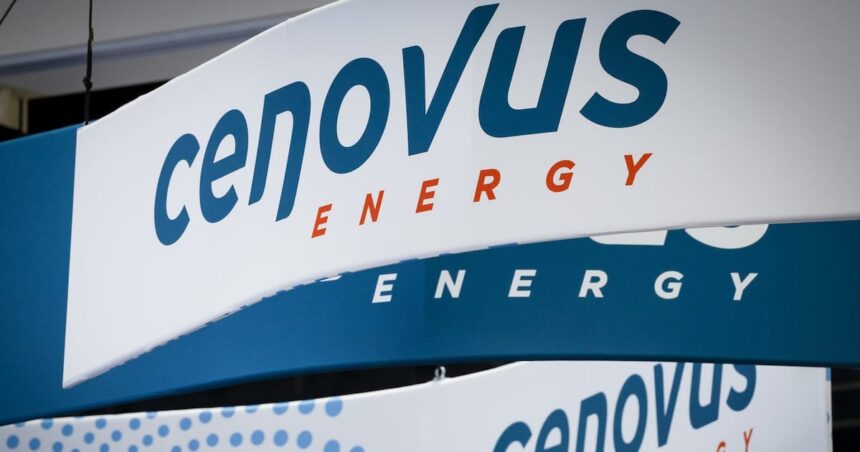VANCOUVER – Despite recent claims from former President Donald Trump suggesting America should reduce its reliance on foreign energy sources, Cenovus Energy CEO Jon McKenzie emphasized that the deep economic integration between Canadian and American energy markets remains vital to US energy security.
“The reality on the ground tells a different story than the political rhetoric,” McKenzie said during an industry conference in Calgary on Monday. “Canadian crude continues to be the single largest source of imported oil for the United States, with approximately 4.3 million barrels crossing the border daily in 2025.”
The comments come after Trump suggested during a campaign rally last week that America should “free itself from dependency on foreign oil,” specifically mentioning Canada among other countries. However, McKenzie pointed out that the integrated North American energy market creates significant economic benefits for both nations.
“We’re talking about a trading relationship worth over $120 billion annually,” McKenzie explained. “The energy infrastructure connecting our countries represents decades of investment and strategic planning that can’t simply be unwound based on political whims.”
Industry analysts agree with McKenzie’s assessment. Energy economist Patricia Mohr told CO24 that the relationship is mutually beneficial, noting that “Canadian heavy crude provides an ideal feedstock for many US Gulf Coast refineries specifically designed to process this type of oil.”
Data from the US Energy Information Administration supports these claims, showing that Canadian imports have grown by 8% since 2023, even as the United States has expanded its domestic production capabilities. This contradicts the notion that American energy independence means eliminating Canadian imports.
McKenzie also highlighted the national security advantages of the relationship. “When you compare reliable Canadian supply to alternatives from politically volatile regions, the stability of North American energy integration becomes even more apparent,” he said.
The cross-border energy relationship extends beyond just crude oil. Natural gas pipelines, electricity grids, and renewable energy technologies increasingly connect the two countries in a complex web of energy interdependence.
“What’s often missed in these discussions is how the integrated market keeps energy costs lower for American consumers,” added McKenzie. “Refineries in the Midwest particularly depend on Canadian heavy crude, which helps maintain reasonable gasoline prices across multiple US states.”
As presidential campaigning intensifies, energy industry leaders from both countries are quietly working to educate policymakers about the economic realities of North American energy integration. The message seems clear: regardless of political rhetoric, the US-Canada energy relationship represents one of the most successful examples of cross-border economic cooperation in the world.
For a deeper look at the business implications of North American energy integration, visit our analysis at CO24 Business.










